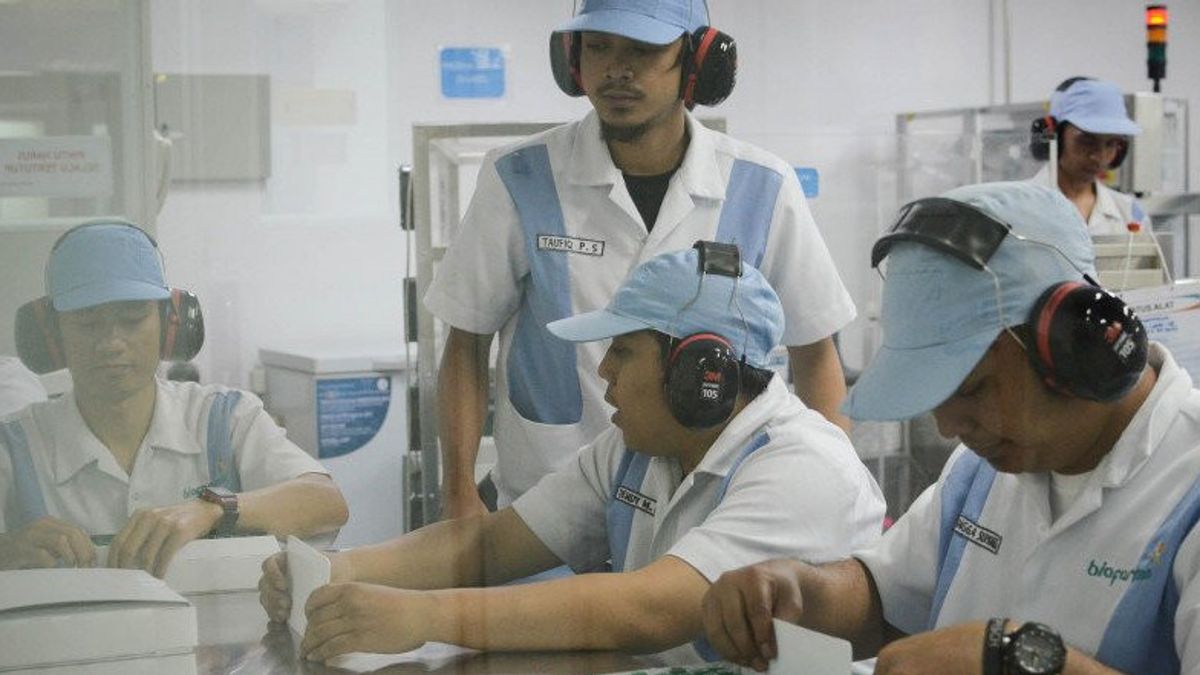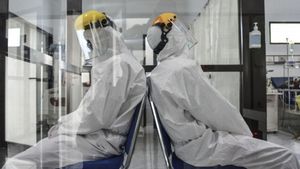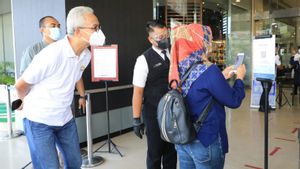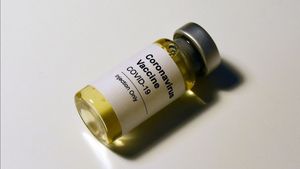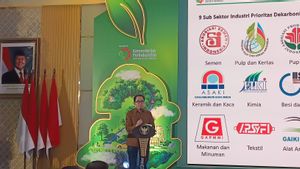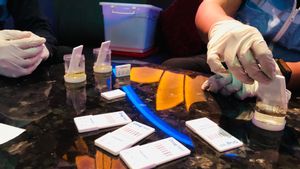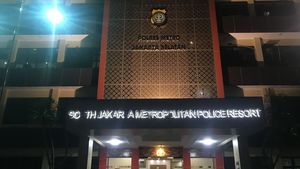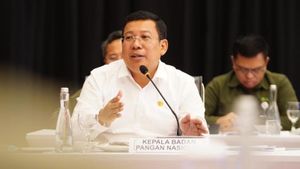JAKARTA - The collaboration in establishing a COVID-19 vaccine factory of the mRNA type between an Indonesian company and a Chinese company is considered to provide welfare benefits for the community.
A senior economist from the Kwik Institute of Business and Informatics Kian Gie, Hisar Sirait said the portfolio of foreign capital flows would create job opportunities and increase employment, both medical and non-medical.
"It is hoped that the factory will not only produce COVID-19 vaccines but must be able to provide research space for the production of other vaccines so that efforts to strengthen the health sector in terms of vaccine availability are more secure", he said, quoted from Antara, Thursday, August 26.
Hisar conveyed several notes related to the flow of foreign direct investment in the pharmaceutical sector through the plan to establish the vaccine factory.
First, the vaccine development technology brought in must have a technology transfer guarantee to the Indonesian side. Within two years the technology should have been transferred to Indonesia.
Second, vaccine research and development opportunities must be ensured so that Indonesian experts have the opportunity to conduct international research.
The government needs to ensure the involvement of Indonesian experts from planning, establishment, and production so that with this mechanism the technology transfer process can be achieved.
Third, the private sector and domestic vaccine producers must also be given a role so that the multiplier effect of establishing an Indonesia-China collaboration factory can have a big impact in strengthening the health sector, especially the availability of various vaccine products.
In previous reports, the government said it would produce two types of COVID-19 vaccines to supply domestic needs starting next year.
SEE ALSO:
In April 2022, Indonesia will produce an mRNA vaccine which is carried out in collaboration with Indonesian companies and Chinese companies.
On the other hand, in May-June next year, local vaccines under the Merah Putih brand, developed by five universities and two institutions, will also be produced to meet the supply of vaccines in the country.
Hisar assessed that the government's commitment to producing both types of vaccines at almost the same time is a wise step in increasing the availability of vaccines in the country.
He hopes that the producers of the Merah Putih vaccine can collaborate with the factories that will be established, working together in the aspect of developing methods through joint research.
"If possible, the Red and White vaccine producers will join hands with the vaccine factory to be established through the collaboration of science and technology and infrastructure", he said.
Hisar further suggested that the establishment of a vaccine factory should be able to create synergy with Bio Farma as a state-owned company engaged in the pharmaceutical sector.
This synergy will encourage the advancement of health research and findings that have a positive impact on the sustainability of medical development in Indonesia.
The English, Chinese, Japanese, Arabic, and French versions are automatically generated by the AI. So there may still be inaccuracies in translating, please always see Indonesian as our main language. (system supported by DigitalSiber.id)
